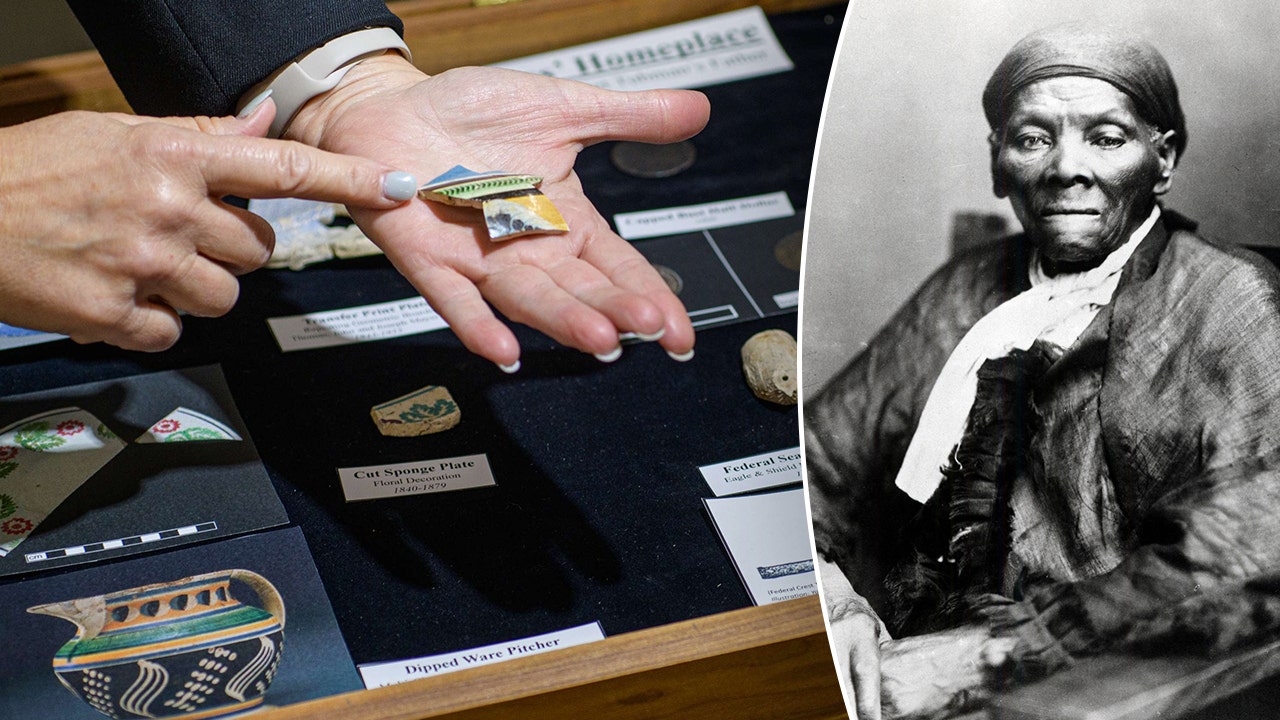The Timeless Allure of the Dukes Martini
The Dukes Martini, acclaimed as a quintessential expression of sophistication, has danced through decades with an unrelenting charm. Originating from London’s esteemed Dukes Hotel, this cocktail has an extraordinary backstory that beckons enthusiasts and inspires bartenders alike. With its relationship to the revered travel writer Stanton Delalpane, the Dukes Martini transcends the ordinary, inviting us to reflect on the essence of style and taste.
A Bit of History
In the vibrant era of the 1980s, the Dukes Hotel became a sanctuary for those who appreciated the finer things in life. It was here that Salvatore Calabrese, the bar manager, devised a drink that would forever alter the Martini landscape. As the tale goes, Delalpane sought a Martini that was exceptionally cold and dry. However, he faced a conundrum: long stirring times led to dilution, while shorter sessions failed to achieve the desired chill. In a moment of inspiration, Calabrese decided to keep both the gin and the glassware in the freezer, creating a concoction that delighted Delalpane and established a new standard for Martinis.
The Art of Crafting the Perfect Dukes Martini
To make a Dukes Martini at home, one must embrace both simplicity and precision. Begin with a high-quality gin, ideally one that has been stored in the freezer. The chilled spirit should then be poured into a glass that has been given a swift rinse of dry vermouth—a technique that emphasizes the balance of flavors without overpowering the drink. After discarding the excess vermouth, the icing on the cake is the garnish: an expressed lemon peel, which adds a touch of brightness to the ultra-smooth texture.
This method results in a Martini that is not merely a drink; it is an experience. One can’t help but appreciate the thick, viscous quality of the spirit. The mouthfeel is unlike any other—a near-milk-like texture that slides over the palate with a smoothness that lingers long after the last sip. It encourages introspection, making one ponder the complexities of taste and preference.
Why It Resonates
Not everyone may appreciate the Dukes Martini. Its undiluted nature and chilling sensation may not be for every palette. Many have grown accustomed to their Martinis being shaken or stirred to a degree that incorporates air and ice—rendering a lighter essence. Yet, this very uniqueness is what makes the Dukes Martini compelling. It challenges drinkers to step outside their comfort zones, perhaps pushing the boundaries of their Martini preferences.
Moreover, the Dukes Martini evokes feelings beyond taste. It conjures images of glamorous escapades and serene evenings in sophisticated lounges. Consider the grandeur of sipping this iconic cocktail at the Dukes Hotel, under soft lighting, surrounded by elegant conversations. There’s a weight to its social aspects that resonates with those who value tradition as much as innovation.
The Cultural Impact of the Dukes Martini
Much like a classic novel that continues to evolve with each generation, the Dukes Martini remains a beacon within the world of mixology. It’s referenced in the pages of liquor history, discussed among cocktail aficionados, and replicated in bars across the globe. In an industry driven by trends, this iconic drink stands resilient, a reminder of the timeless elegance that classic cocktails embody.
For those who appreciate the art behind a well-made drink, the Dukes Martini is an invitation to delve into the nuances of flavor and presentation. It is a celebration of craftsmanship that invites exploration while invoking nostalgia.
Ultimately, whether one finds joy in the Dukes Martini’s history, its preparation, or its unparalleled flavor, this cocktail serves as an introspective moment in any gathering. It symbolizes much more than just alcohol in a glass; it captures the spirit of camaraderie, refinement, and the quest for perfection in every sip.
Crafting a Dukes Martini may be an exercise in both art and science, a ritual that is rewarding in its simplicity. In a world that often rushes, pausing to savor this drink can inspire reflections on taste, tradition, and the unique stories each cocktail can tell.




































